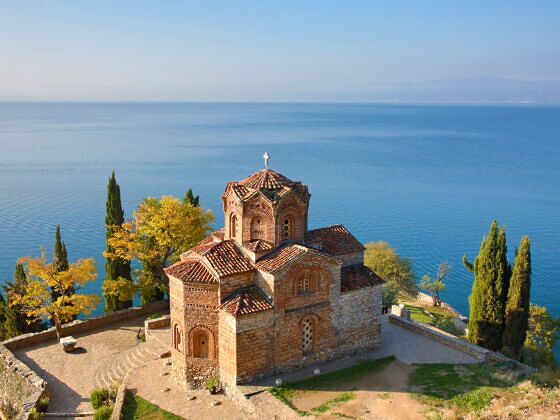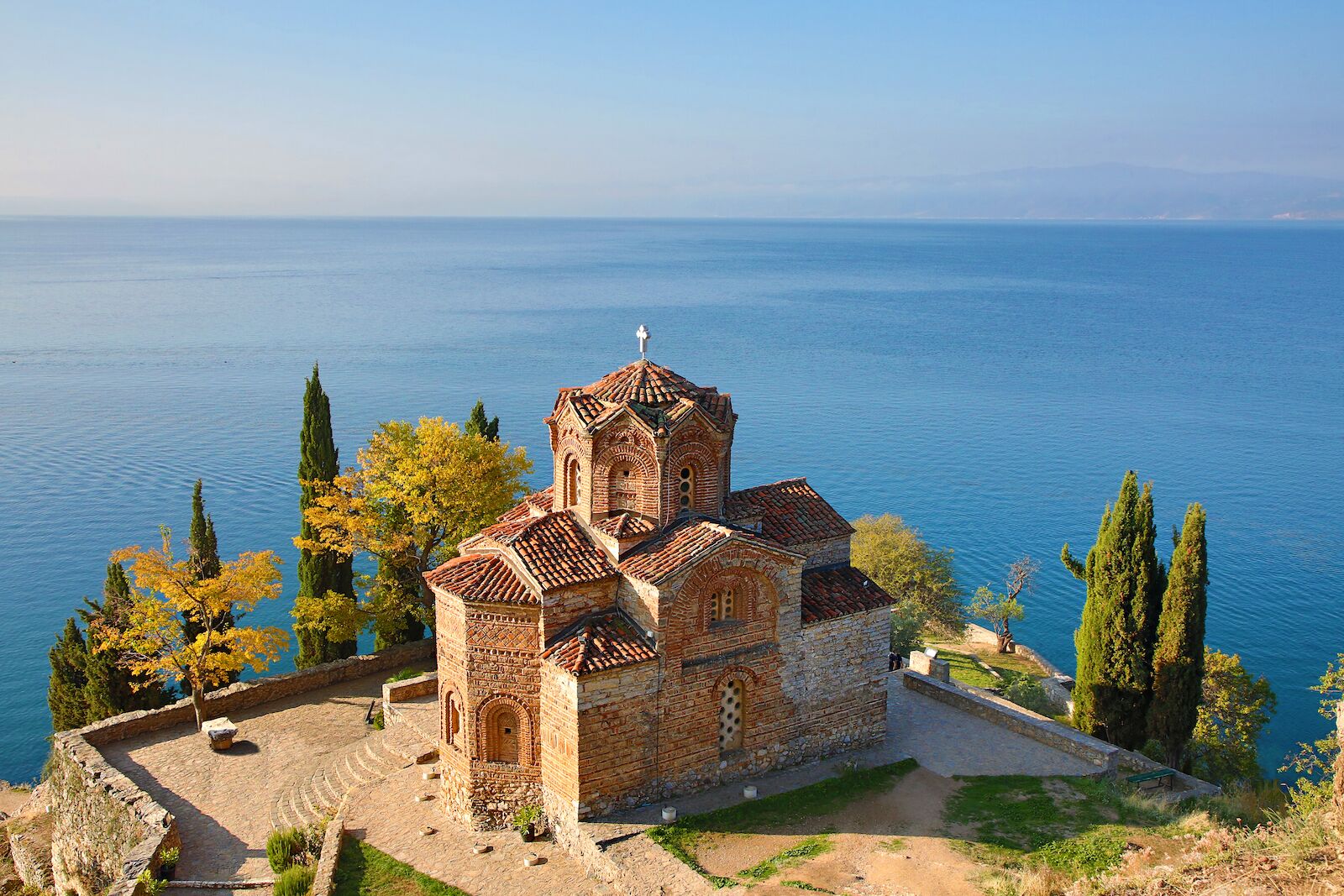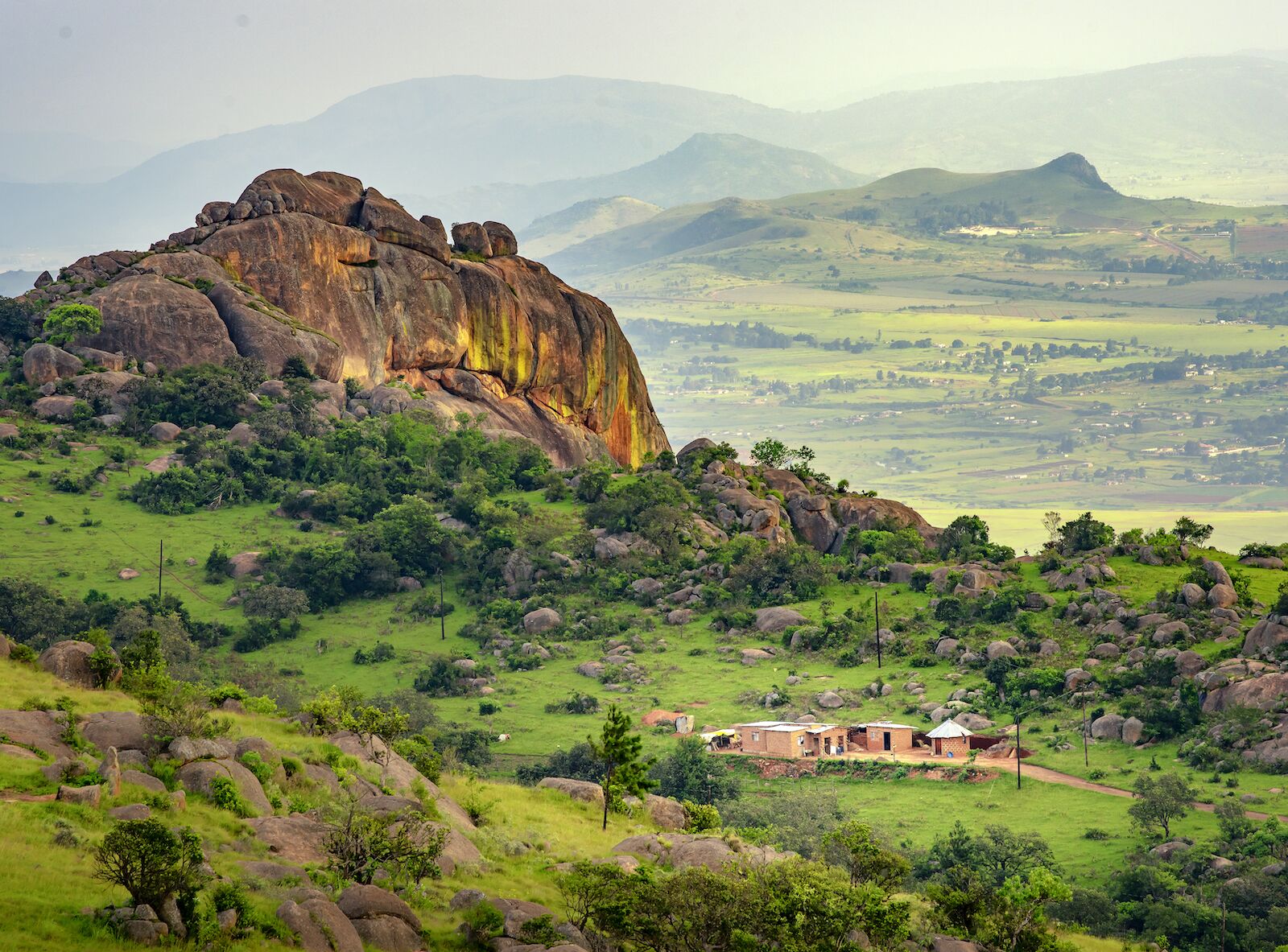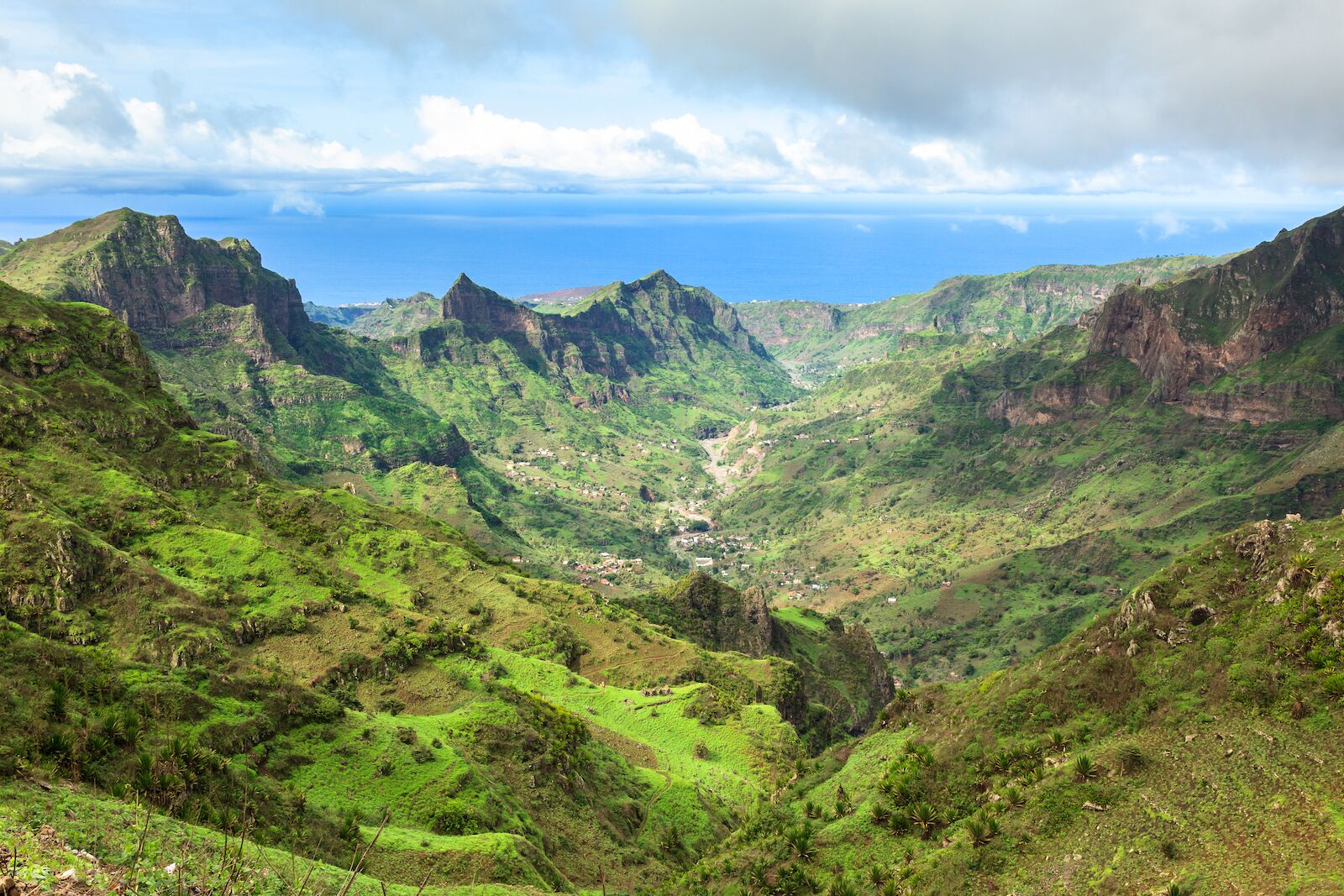Next time you see an alphabetical list of the world’s nations, take a close look at the Ts. You may notice that Turkey is no longer there. Instead, Türkiye might be in its place. Last month, Turkish President Recep Tayyip Erdoğan announced that the country would officially be reclaiming its non-anglicized name by registering the Turkish spelling with the United Nations.
According to Erdoğan, “The phrase Türkiye represents and expresses the culture, civilization, and values of the nation in the best way,” Afar reports.
Türkiye is the latest in a long list of countries that have changed their names throughout history. For some, like the Eurasian country, a sense of national pride was behind the rebranding. Others had political or social motivations. Over the past decade, at least five other nations have joined Türkiye in tweaking their names. These are the six countries that have changed their names recently and their reasons why.



